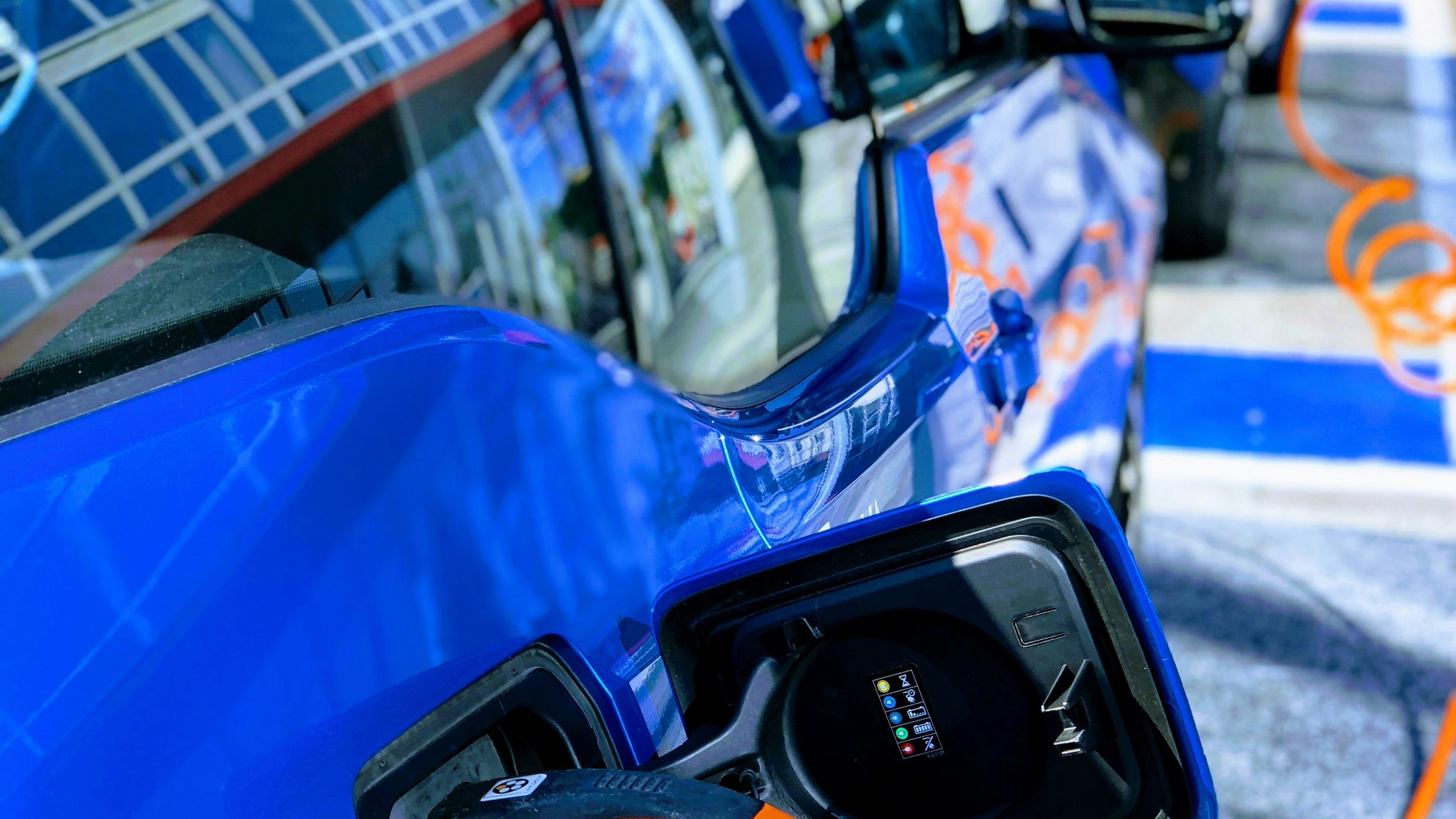FICCI on EV charging | Image:Unsplash
PPP mode in EV charging: The electric mobility (EV) mission of the country which envisages having alternative fuel-run vehicles to constitute 50 per cent of the total vehicles on road by 2030 has gained pace. Setting up of charging infrastructure and encouraging start-ups and Micro Small and Medium Enterprises (MSMEs) to join the mainstream of electric mobility is a need of the hour.
Republic Business has got exclusive access to recommendations made by the Federation of Indian Chambers of Commerce and Industry (FICCI) on the EV ecosystem, which underlines the need for public-private partnerships (PPP) to double the existing 16,271 charging stations across India by the end of this year. Besides, FICCI’s Electric Vehicle (EV) Committee has made recommendations that the municipal committees should grant building permission to only those housing societies that envisage the setting up of EV charging points.
Key Recommendations
FICCI’s key recommendations include a joint synergy between the Oil Marketing Companies (OMCs), both the EV makers as well as companies working for setting up of EV charging infrastructure, and the Union Ministry of Power.
Image Credit: Unsplash
As per the recommendations, there is a need for a long-term strategy with a focus on developing charging stations on highways, public places such as shopping malls and even housing societies.
“It has been suggested that municipal corporations across the country adopt a policy wherein building permissions are sanctioned only to housing societies that offer the provision of charging stations,” FICCI EV Committee Chair Sulajja Firodia Motwani told Republic Business.
Housing societies need charging points
As per the FICCI recommendations, while the realty sector can play a major role in charging points at maximum residential societies, the role of the Power Ministry and other private stakeholders in the EV charging ecosystem can ensure to enhancement of more EV ‘top-up’ charging facilities for electric two-wheelers and three-wheelers.
“At present, there is a better penetration of commercial charging infrastructure for two-wheelers and three-wheelers. The need is for having more home charging facilities for which we need a real estate policy in line with the electric mobility mission of the country,” said the FICCI EV Committee Chair Motwani.
The charging infrastructure has to include integrated facilities that are viable for all sorts of EVs, Motwani further added. “ We need more fast-charging stations even in Tier-2 and Tier-3 cities where we are now seeing acceptability of the EVs. The exploration of lithium-ion and other related minerals will fast track the process of fast-charging stations, sophisticated battery technology, intelligent charging schemes, and bidirectional charging capabilities,” said the FICCI EV Committee Chair Motwani.
Availing benefits of EV mission
The first and foremost step for providing an impetus to India’s EV infrastructure is the imminent need for EV players to avail benefits of the Electric Mobility Promotion Scheme (EMPS), as a part of which the central government has earmarked Rs 500 crore for promoting electric two-wheelers and three-wheelers. As part of EMPS, there is a considerable focus on creating a robust charging infrastructure.
In terms of the states with the highest number of operational charging stations, Maharashtra leads with 3,079 stations, while the state got 13 charging points commissioned under the FAME II scheme of the central government aimed to boost the EV ecosystem. With 1,886 charging stations, Delhi stands at the second spot and the national capital has 21 charging stations commissioned under the FAME II scheme, reveals data from the Power Ministry. Karnataka has 1, 041 and two stations commissioned, while Kerala has 852 existing stations with 30 stations stationed. The southern state of Tamil Nadu has 643 stations at present and 13 stations commissioned under the FAME II scheme of the central government.
